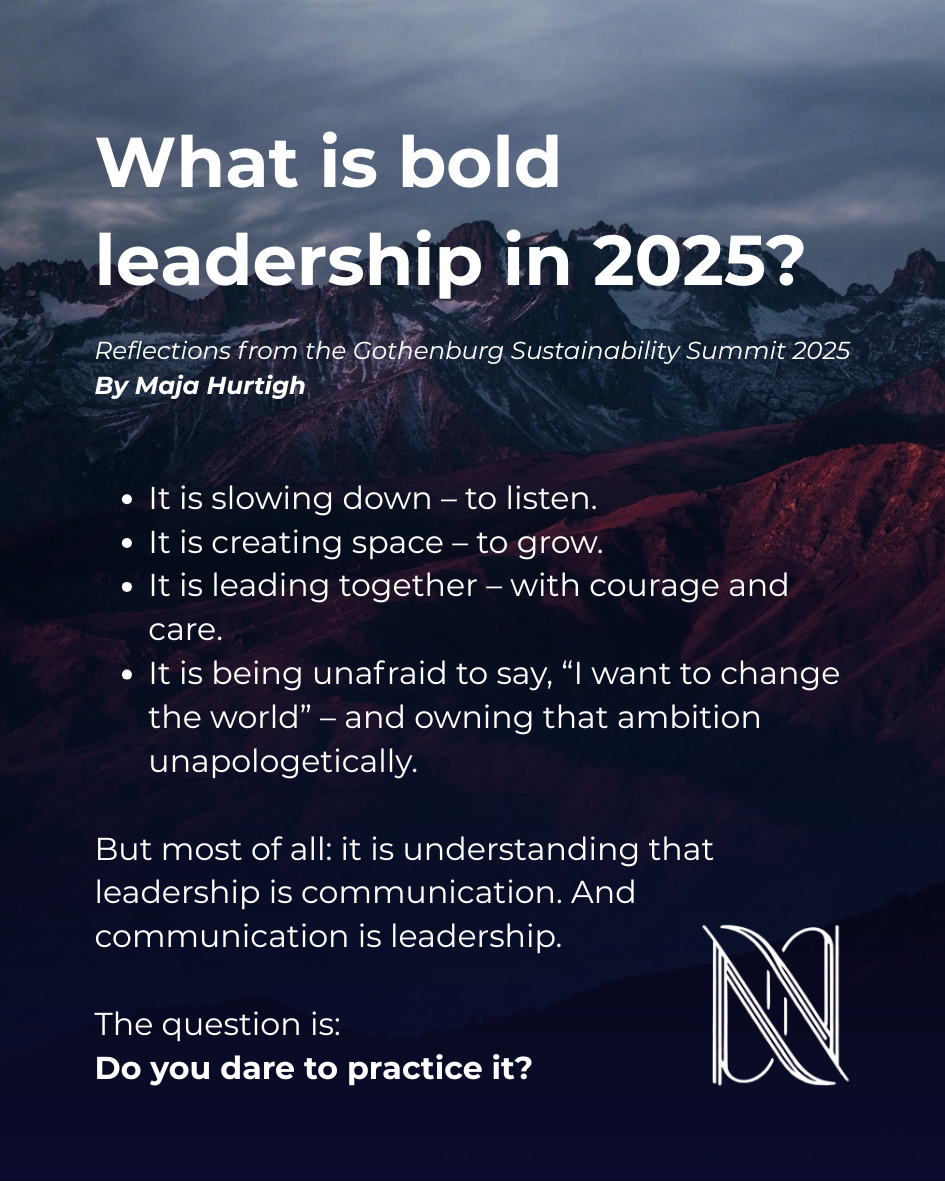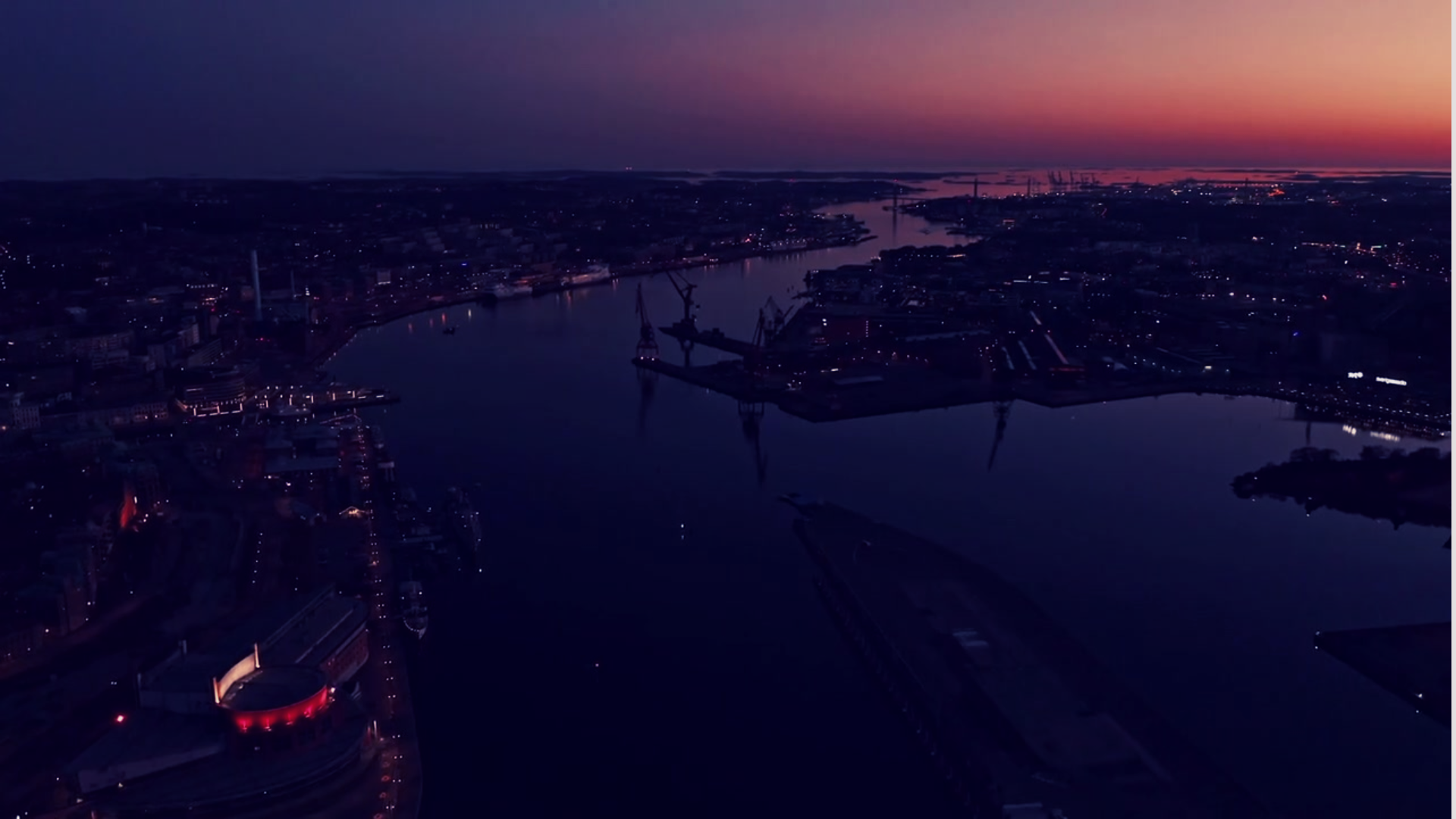What is bold leadership in 2025?
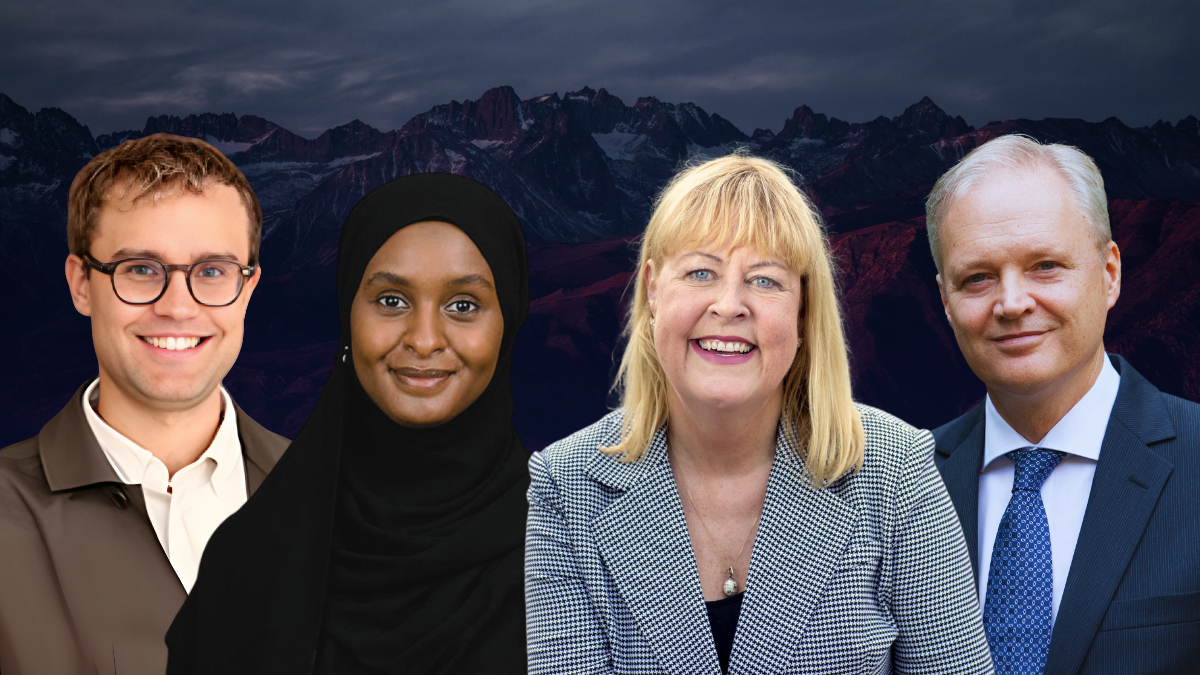
Bold leadership requires inner courage – not just external strength
With just five years left to meet the UN’s Sustainable Development Goals, some of Sweden’s – and the world’s – sharpest minds gathered at Gothenburg University for the 2025 Gothenburg Sustainability Summit, led by WIN WIN Gothenburg Sustainability Award and CSR Västsverige. The official theme? Ground-breaking leadership for a sustainable future.
Yet what proved most ground-breaking had little to do with technology, specific business models, or political reforms – and everything to do with something far more fundamental: our relationship with ourselves, each other, and the planet.
The inner journey – at work
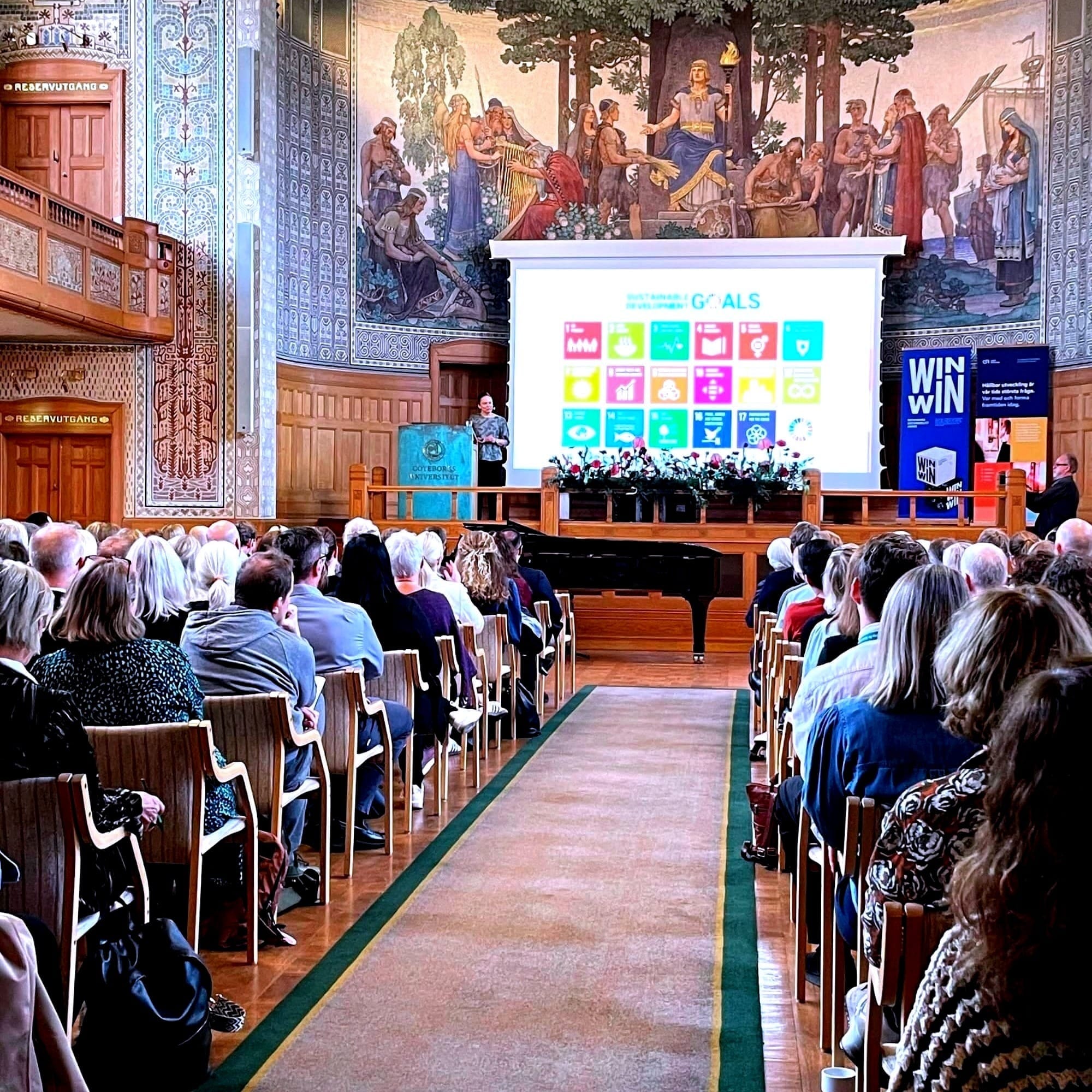
Linnéa Lind from Inner Development Goals captured it simply: “Everything that is not a law of nature is something we created – and what we have created, we can change.”
Her words set the tone for a day where multiple speakers pointed to the inner dimensions of our societal challenges – how external crises often reflect internal disconnection. She reminded us of the need to make room for inner growth, even – or especially – in professional contexts.
The idea that the workplace can be a space for inner development may sound radical to some. But in truth, it may be precisely what’s needed.
I recall a former manager who once, years ago, responded to criticism of a colleague who had spent work time learning new programming skills. She called a team meeting and stated with conviction:
“I expect everyone here to use work hours for personal development. If anyone is stopped from doing so – come and speak to me directly.”
That statement has stayed with me. And it makes me pause every time I meet leaders who do not share that perspective. Because in today’s world – can any organisation afford to stagnate or regress?
Modern leadership means leading sustainably. It requires an approach that allows for reflection, human connection, and strategic slowness – even in a culture addicted to speed and instant outcomes.
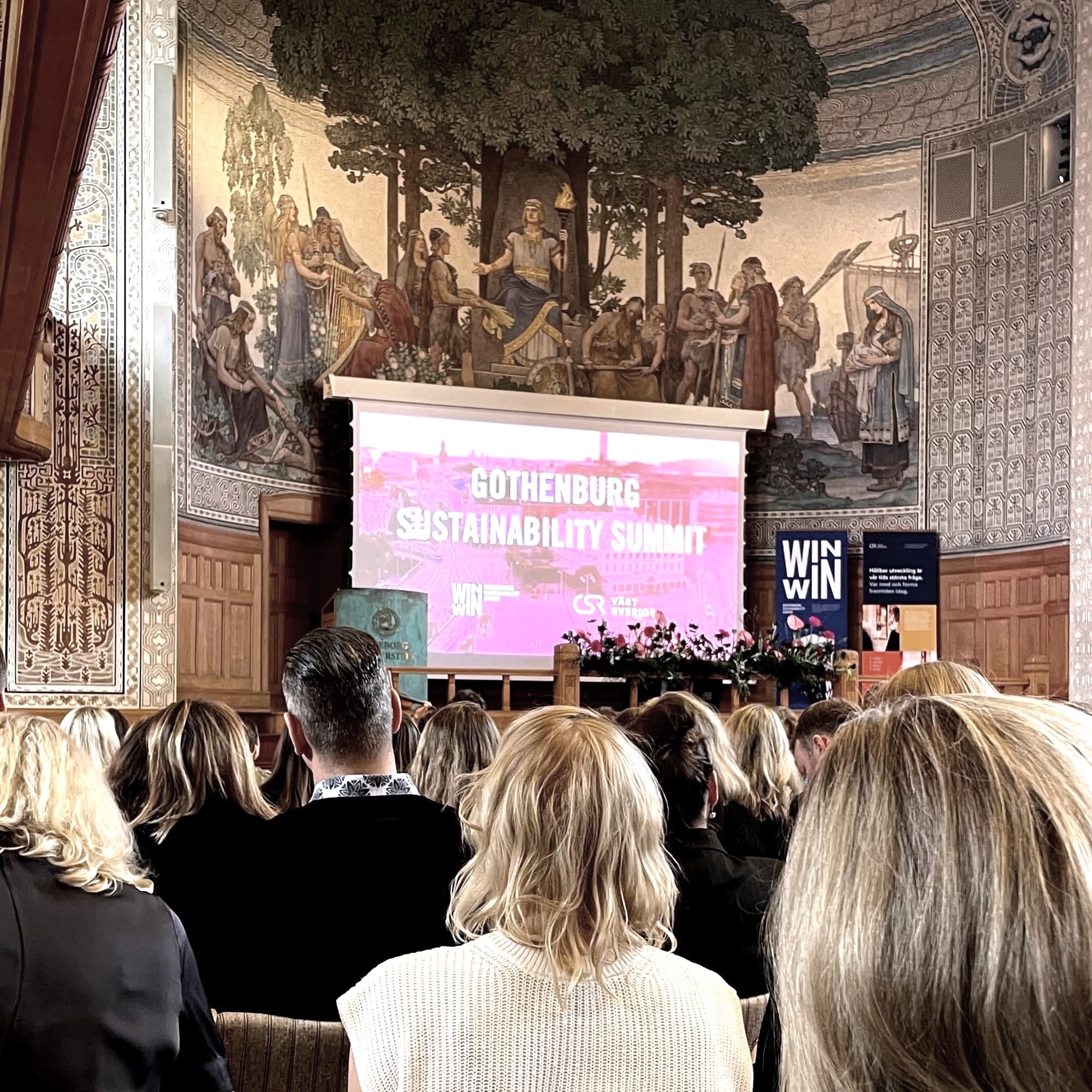
What are we really measuring?
Johan Holmén, Researcher in sustainable systems transformation and transformative leadership at Chalmers University of Technology, reminded us that slowness can be a strength – at least when backed by data. Hiring individuals who take their time and a little longer to learn, who question and seek to understand, offers something vital: perspective. These are the people who ask, “Why are we doing it this way?” And within those questions lie the seeds of transformation.
In other words, non-effectiveness might be the ingredient to building resilience. Success is not always about effectiveness and measuring KPI's. Sometimes the actual value is found in between the lines.
Holmén was also clear: we too often talk about structure and leadership as separate entities. But they’re not. Structures must be shaped by values – and those structures communicate what we stand for.
In essence, leadership is not just action. It is communication.
Courage, antifragility, and standing steady
David Ekelund, CEO of Icebug, spoke of “antifragility” – the ability not just to withstand crisis, but to grow stronger from it. “As CEO, I need to be able to embrace the unknown – and to say: I don’t know.”
That, to me, is real leadership. Not rooted in control, but in trust. To have trust in your colleagues and embrace the opportunity to grow as both individuals and as teams in uncertain times.
Several speakers echoed this. That leadership today means daring to act without having all the answers. And that sometimes, fear will be present – and we must let it come along for the ride, just not in the driver’s seat.
Connecting values to strategy
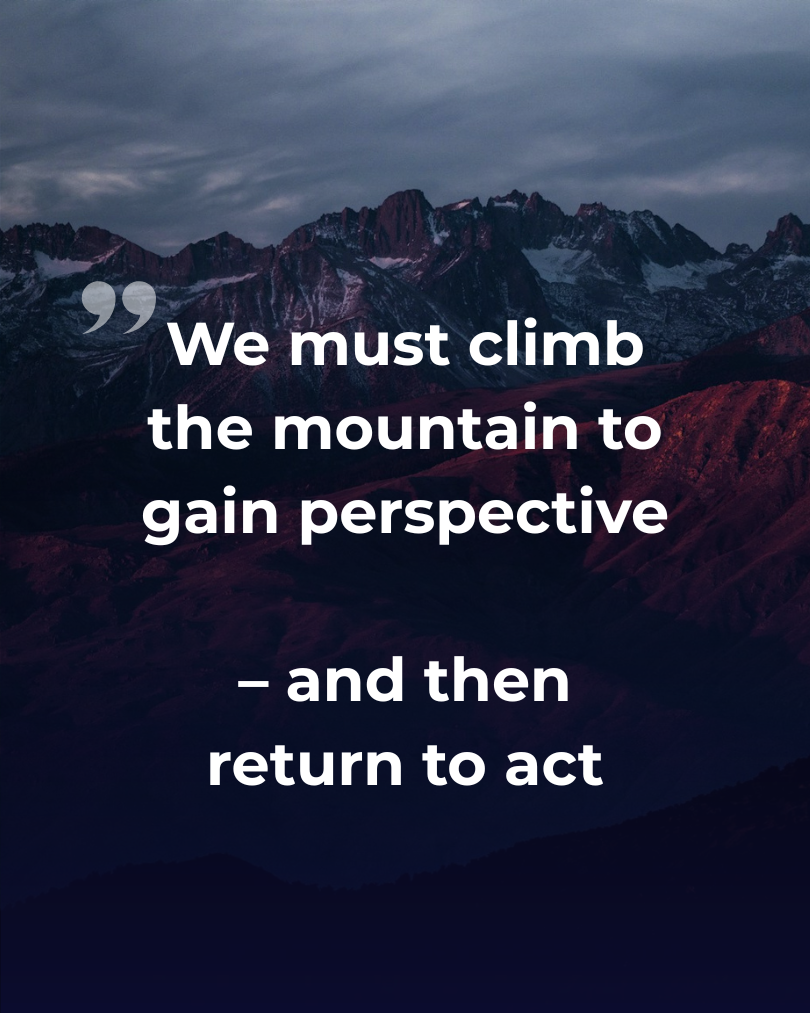
Sandra Runsten, Chief Sustainability Officer at Sweco, brought the conversation back to a critical tension in many organisations today: the gap between stated values and operational strategy.
“We need to align our core values with our business strategy – and take the long view,” she said.
It was a reminder that sustainability isn’t just a department or a policy document. It’s a lens through which every decision must be made when organisations navigate both internal transformation and external expectations.
When sustainability is treated as an add-on rather than a foundation, resilience falters. But when it is embedded at the heart of strategic decision-making, it becomes a powerful engine for long-term competitiveness and trust.
Runsten’s point underscored a broader theme throughout the summit: that values are not abstract ideals – they are strategic tools.
This perspective was deepened with context by Deqa Abukar, CEO and Co-founder of BLING, who spoke about how important it is to articulate values clearly – especially during growth.
“I started my business at 19, together with a friend. We were driven by a shared, almost unspoken vision. But as we began hiring and scaling up, it became clear how vital it was to put that vision into words – and to actively share it,” she said.
Abukar’s reflection served as a poignant reminder: when values are not just felt, but communicated and lived – they shape culture, guide leadership, and scale impact.
Values as a compass in the storm
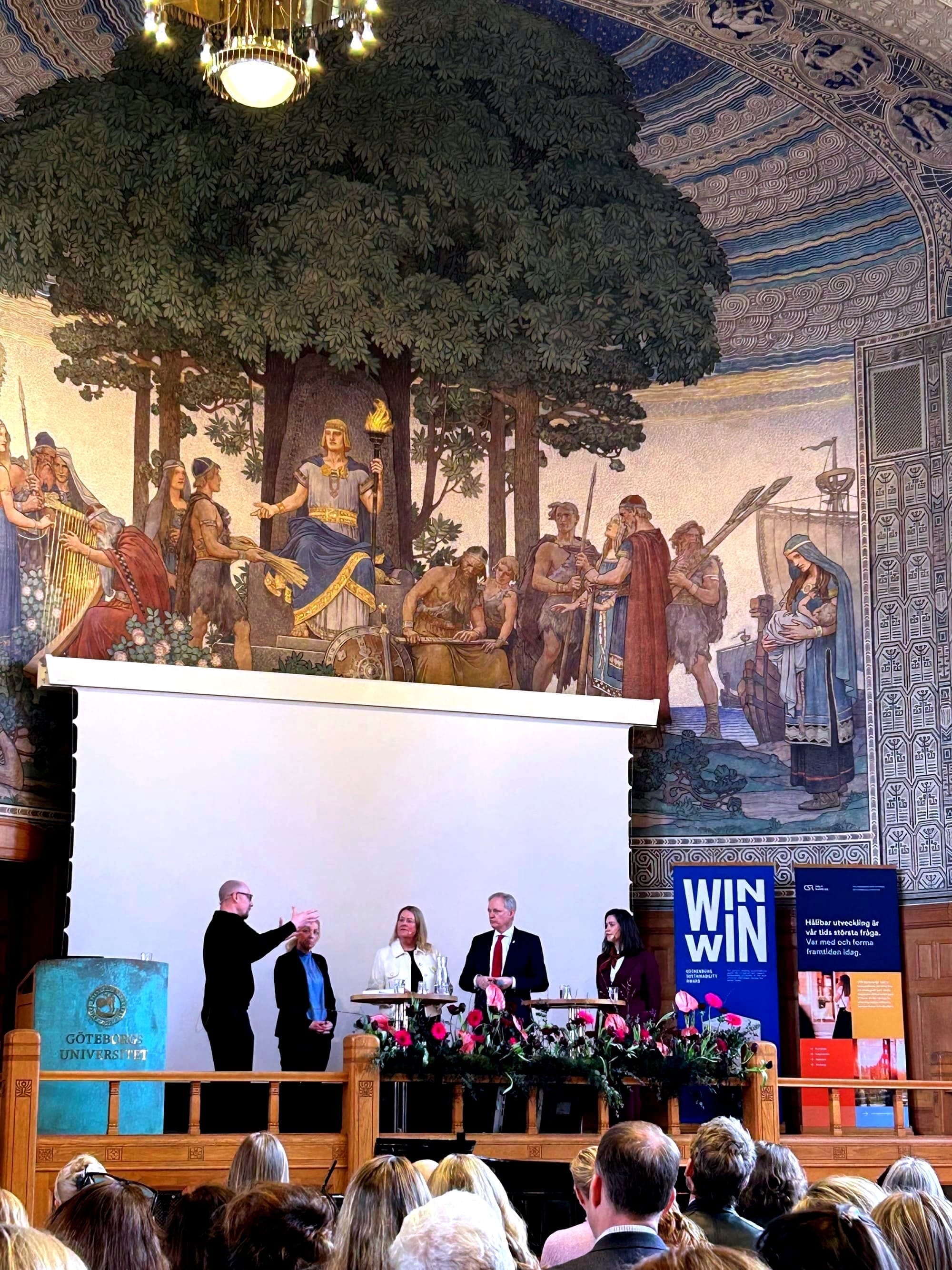
Sten Tolgfors, Governor of Västra Götaland since 2022, highlighted the importance of perspective-based leadership in times of intersecting crises: “We must climb the mountain to gain perspective – and then return to act.”
He underlined a truth often overlooked: that calm, grounded leadership breeds organisational security. When leaders feel safe in themselves, others follow. Without that, informal leadership may emerge – not always to positive effect.
In a world grappling with overlapping crises – green transition, civil defence, and democratic resilience – we need leadership that builds clarity and psychological stability over time.
His words were a reminder that in times of war, scarcity and shortage, what matters most is stable, value-led leadership. When leaders are calm and grounded, so are their organisations. Without that stability, people turn to informal leaders, often fuelling confusion and mistrust.
This perspective was echoed by Eva Halvarsson, CEO of the Second Swedish National Pension Fund (Andra AP-fonden), who highlighted the relational dimension of leadership:
“What truly matters is openness – and being able to be yourself. Because only when you are authentic can you create trust and openness in others.”
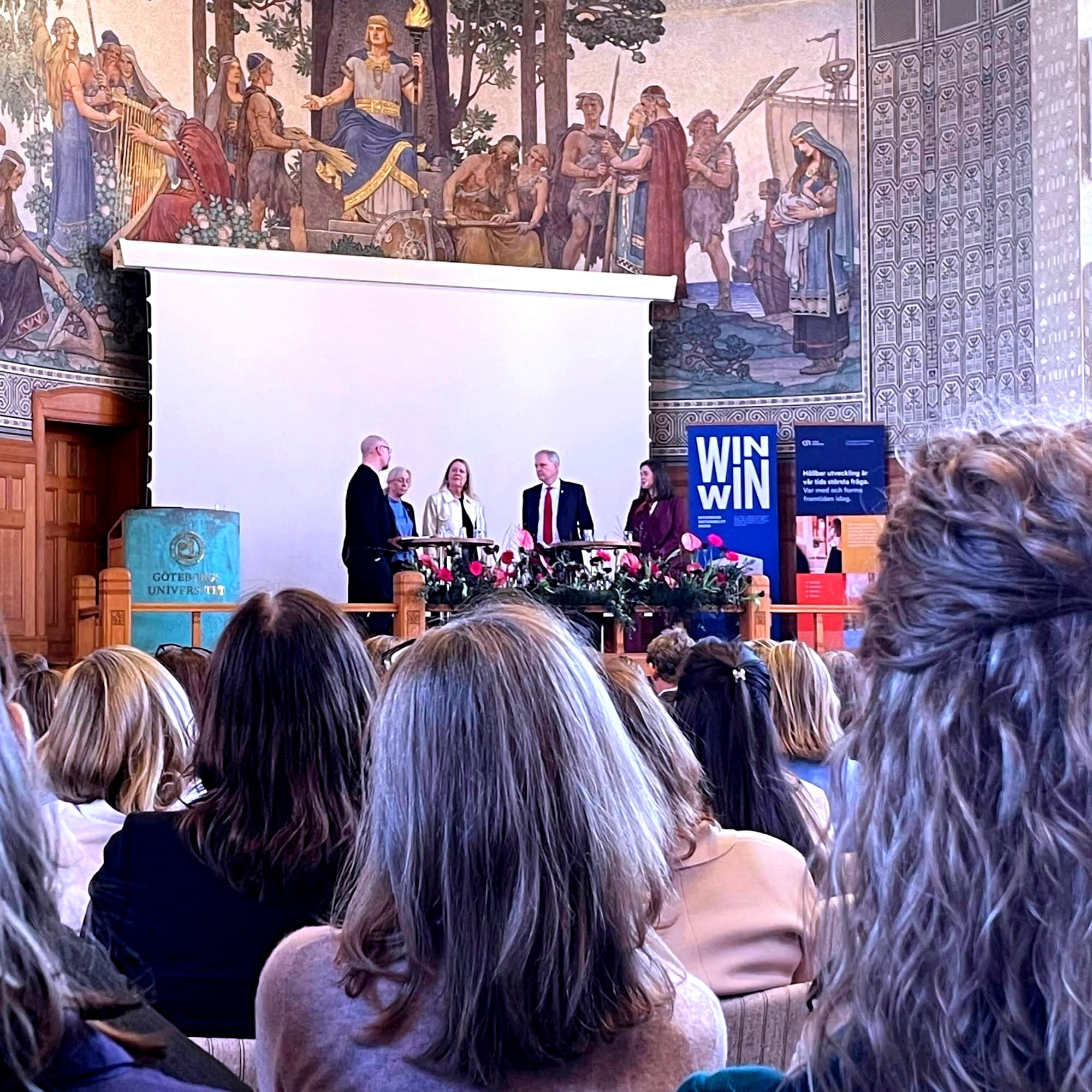
A new language for transformation
Lisen Schultz of the Stockholm Resilience Centre called on us to abandon the language of war. “The transition is not a battle. It’s a collective movement. And if we succeed, we all win.”
Her call resonated deeply. Polarising rhetoric builds walls. Dialogue builds bridges. The stories we tell shape the futures we create.
And part of that story must include the next generation.
As Viveca Reimers, Head of Sustainability of Västra Götaland Region, pointed out, we must invite children and young people into these conversations – not only because it concerns their future, but because they are already capable of shaping it.
So, what is bold leadership in 2025?
- It is slowing down – to listen.
- It is creating space – to grow.
- It is leading together – with courage and care.
- It is being unafraid to say, “I want to change the world” – and owning that ambition unapologetically.
But most of all: it is understanding that leadership is communication. And communication is leadership.
The question is: Do you dare?
